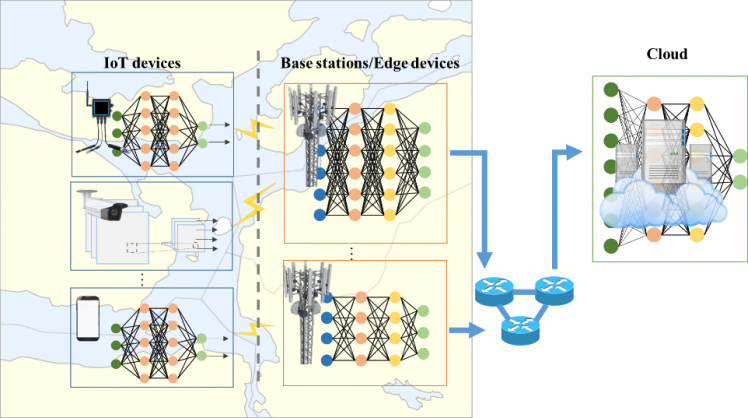None of us has missed KTH’s new digitalization initiative, KTH Digital Future. The initiative will provide long term funding for interdisciplinary research, financed via direct government funding of 78 MSEK yearly. The objective of the Initiative is to use this long term funding to address societal challenges and possibilities in the areas of smart society, digital industry, and rich and healthy life, by designing societal-scale systems that are trustable, can cooperate, and are able to learn from the data they generate.
While KTH Digital Future will start for real in 2020, KTH prepared for a quick start by launching nine pilot research projects already in 2019. These projects were selected in two rounds, among ca. forty project proposals, after evaluation in six expert panels, three considering mainly scientific strength, while other three focusing on societal relevance.
Our project DEMOCRITUS “Decision-making in Critical Societal Infrastructures” is one of these pilot projects. DEMOCRITUS is a collaboration of researchers from the the School of Electrical Engineering and Computer Science (EECS) and the School of Engineering Sciences (SCI) at KTH and the Research Institutes of Sweden (RISE). We, the coordinators of the digitalization cluster of the WaterCenter are both part of the project, and our objective is to build up strong collaboration between the WaterCentre and the KTH Digital Future platform.
The future digitalization in smart cities must include water: the preservation and use of natural waters around our cities, the distribution of drinking water, or the handling of stormwater. Therefore, we are very happy that with our KTH Digital Future winning project proposal DEMOCRITUS we can now connect the activities of the WaterCenter with the research in KTH Digital Future.
The path towards the smart society critically depends on large infrastructures like electrical grids, urban transportation systems, or water distribution networks. These systems must operate efficiently, with predictable performance and meet stringent safety and security requirements. We believe that these societal systems can be constructed using a common set of novel design principles despite their technological diversity. The objective of DEMOCRITUS is to find and demonstrate these principles.
In DEMOCRITUS, we selected water distribution networks as the use case for the first phase of the project, since these exhibit many unsolved challenges. Water distribution networks tend to be of very large scale, and today it is little known what is going on with the pipes and in the pipes, since both the monitoring of the infrastructure and monitoring of the water quality is challenging. At the same time, water is traditionally considered to be abundant and cheap, and there is little economic incentive to modernize the infrastructure. Water is also a critical resource that needs to be protected against both physical and cyber threats.

The DEMOCRITUS project will design distributed machine learning based solutions for efficient and secure monitoring and decision making in critical societal infrastructures such as those for the delivery of water. (Picture by Dr. Rong Du, one of the researchers involved in the project)
To address these challenges, the project will contribute with fundamental theoretic results in the areas of distributed machine learning, supported by resource efficient communication and security and privacy enhancing techniques. We will complement the theoretical work by building up an emulation environment, where the emulated water distribution network will be monitored and controlled dynamically through a 5G wireless testbed.
To make sure that the project becomes relevant for the water sector, we have to find ways to learn across the issues and opportunities the sector that we see today, but also find ways to educate professionals in the water sector about the technology solutions digitalization can provide.
Expect to meet us at WaterCentre@KTH events in 2020!
Viktoria Fodor, Carlo Fischione

